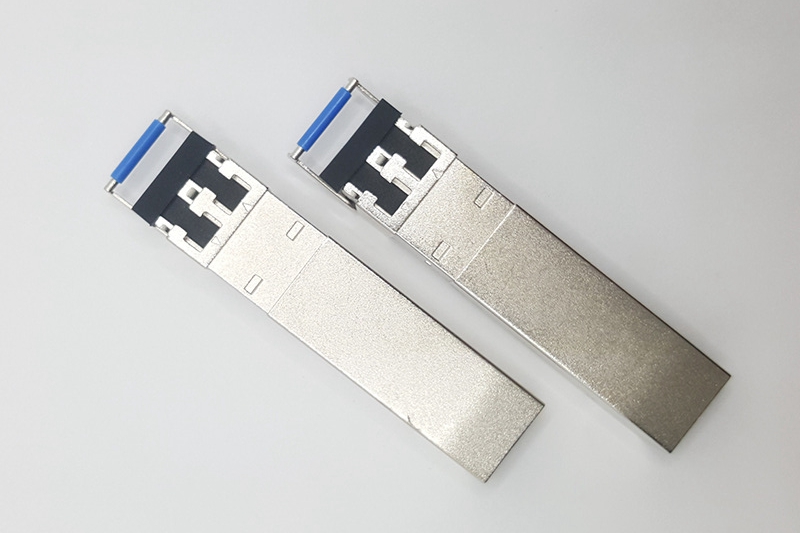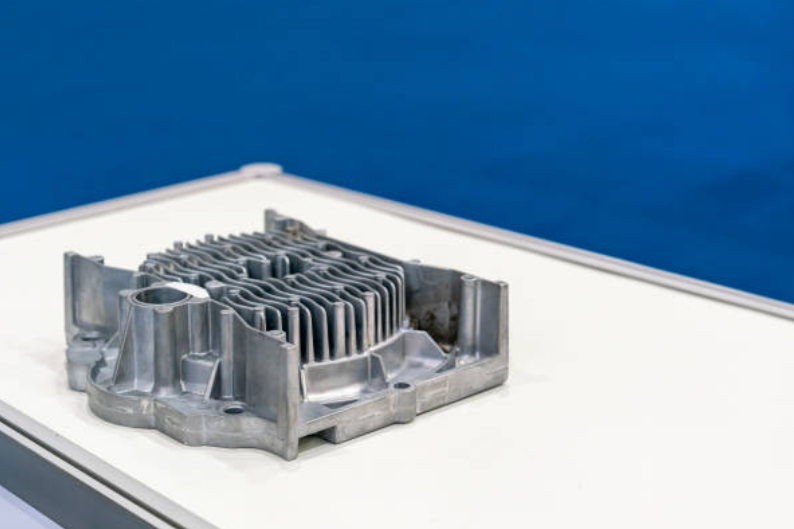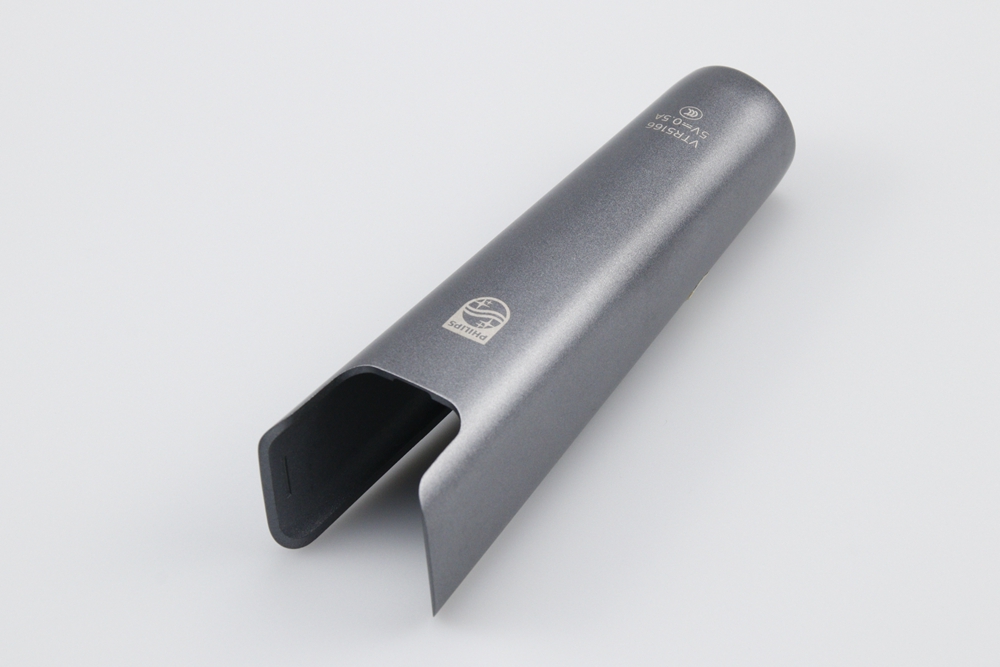Are there specific aluminum alloys preferred for eco-smart die casting?
Eco-Friendly Alloy Characteristics
Eco-smart die casting focuses on minimizing energy use, maximizing recyclability, and extending component lifespan. Aluminum alloys that combine high strength, fluidity, and low impurity levels are favored because they enhance casting efficiency and reduce rework or scrap rates. Among these, A380, A356, and 383 (ADC12) stand out for their environmental and performance balance.
A380 — The All-Purpose Sustainable Alloy
The A380 is widely used in aluminum die casting due to its excellent fluidity, corrosion resistance, and ability to form intricate geometries with minimal waste. It supports energy-efficient casting through shorter cycle times and reduced machining. The alloy’s high recyclability aligns perfectly with custom parts manufacturing strategies that emphasize material recovery and circular production.
A356 — Ideal for Lightweight and Recyclable Components
A356 is preferred for high-strength, lightweight parts in automotive, aerospace, and E-Mobility applications. Its silicon and magnesium composition ensures superior fluidity and weldability, reducing post-processing energy consumption. When combined with anodizing or powder coating, A356 parts achieve both durability and aesthetic quality with minimal environmental footprint.
383 (ADC12) — Optimized for Recycled Feedstock
383 (ADC12) is particularly suited for high-volume production using secondary aluminum sources. Its composition tolerates higher impurity levels while maintaining consistent mechanical properties, making it ideal for sustainable, cost-efficient manufacturing. Industries such as energy and lighting solutions benefit from its stability in structural housings and heat-dissipating components.
Integrating Green Surface Treatments
To complement eco-smart alloys, manufacturers employ low-impact surface treatments, including electropolishing, passivation, and thermal coatings. These methods extend product life and reduce waste, reinforcing sustainability across the entire production chain.



